BEIJING (China), June 23 – The Malaysia Rail Link Sdn Bhd (MRL) has raised concerns over a series of cable theft incidents that could disrupt the planning and operational timeline of the East Coast Rail Link (ECRL) project, which is now at a critical phase ahead of its targeted completion in December 2026.
MRL chief executive officer Datuk Seri Darwis Abdul Razak said several theft cases have been detected at specific locations along the ECRL track, which spans Kelantan, Terengganu, Pahang and Selangor.
“These incidents not only raise the cost of repairs and replacements but also risk delaying the train testing and commissioning schedule, which is expected to begin in June 2026,” he said during an interview with the Malaysian media delegation in Beijing.
Darwis noted that if CCCC fails to complete the project on time — operations are slated to begin in 2027 — the conglomerate could incur losses of RM1.25 million per day.
MRL, a wholly owned subsidiary of the Minister of Finance (Incorporated), is the owner of the mega infrastructure project, while China Communications Construction Company (CCCC) is the main contractor.
As the project owner, MRL has lodged police reports on the incidents and is stepping up security measures, including appointing a dedicated security firm to monitor and safeguard ECRL assets on the ground, he said.
“However, we are also counting on continued cooperation from the authorities and local communities to help curb this crime. This is a national project that we must protect together,” said Darwis.
He also plans to meet with Home Affairs Minister Datuk Seri Saifuddin Nasution Ismail and the police chiefs of the affected states to seek cooperation and solutions to the issue.
The project’s completion progress has reached 83.38 per cent as of May this year, on track to meet its completion target of December 2026.
Darwis emphasised that 2025 marks the most critical phase of the project, with the installation of communication, information, and signalling systems now underway at the Kota SAS (Sultan Ahmad Shah) Station and soon to proceed simultaneously at other stations.
However, since the installation of the systems began in March, the ECRL has been plagued by cable thieves.
Aside from Kota SAS, theft cases involving cables and several transformer units have been reported in areas such as Paya Besar/Gambang, Cherating, and Kuantan Port City in Pahang; Chukai, Dungun, and Kemasik in Terengganu; and Pasir Puteh in Kelantan.
In other developments, Darwis said the first two Electric Multiple Unit (EMU) train sets, along with two electric locomotives for freight operations manufactured by CRRC Dalian Locomotive & Rolling Stock Co. Ltd, are expected to arrive in Malaysia by the end of this year, with subsequent sets arriving in stages from April 2026.
“System and train testing and commissioning are scheduled to begin in June 2026. This is a crucial phase that will determine our readiness to begin operations,” he said.
He also disclosed that 38 tunnels have been successfully bored along the project’s alignment, with the final two — Serendah Tunnel 2 and the Genting Twin Tunnel — expected to be completed by the end of this month and early next month, respectively.
Darwis also confirmed that all land acquisition work for the main ECRL track from Kota Bharu, Kelantan, to Port Klang, Selangor, has been fully completed, thanks to cooperation from the respective state governments.
“Only a few additional lots are needed to accommodate the electrification system, such as for Tenaga Nasional Bhd, but we’ve secured 100 per cent of the land acquisition for the main track,” he added.
He added that ECRL’s cargo services have received encouraging interest from logistics industry players, with early commitments totalling between 800,000 and one million tonnes for the first year of operations, which is scheduled to begin in early 2027.
The 665km ECRL Project is the largest infrastructure project under China’s Belt and Road Initiative (BRI) in Malaysia and is expected to enhance transport connectivity and catalyse economic growth along Peninsular Malaysia’s east coast.

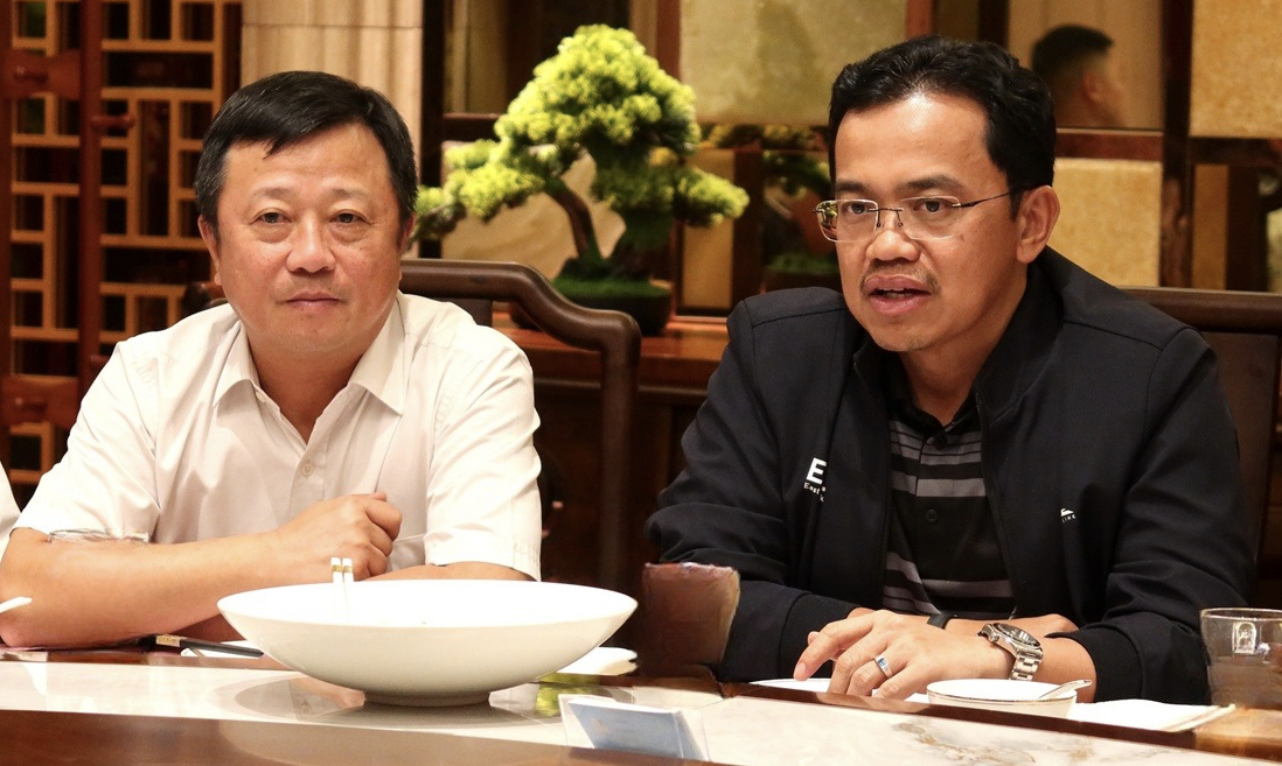









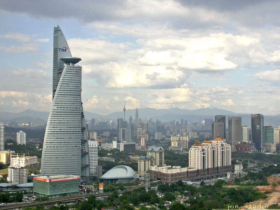


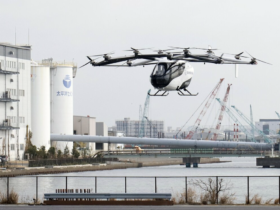

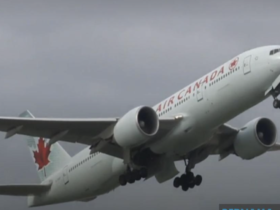
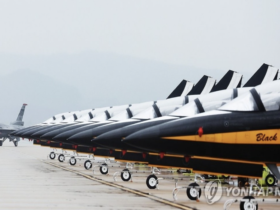

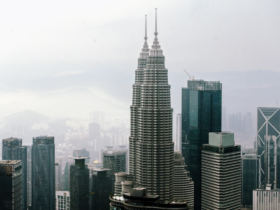


Leave a Reply